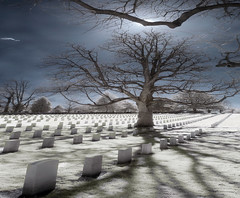
Illustration: Telemedicine equipment at a trade show. Telemedicine is a burgeoning field that delivers all kinds of health care, from radiology to psychiatry, not just abortions.
Anti-abortion activists in Iowa are trying to ban abortion by telemedicine in their state based on spurious concerns about patient safety. The Iowa Board of Medicine is holding a hearing today to air public comments on the proposed rule change. Since 2008, Planned Parenthood of the Heartland has offered abortions by telemedicine and a study by Ibis Reproductive Health found that women who were guided through the pill abortion over video conference were as safe and as satisfied with their care as women who arranged their pill abortions in a face-to-face meeting with a doctor.
Telemedicine makes early abortions available to the many women in rural Iowa who live far from an abortion clinic. This means that women can get the procedure done earlier, which makes it safer.
Here’s how it works: The patient gets a physical exam and an ultrasound at a clinic near her home. A doctor in another city reads the ultrasound and interviews the woman over a secure video conference line. If the doctor decides that she’s a candidate for a pill abortion, and the woman confirms that she wants to terminate her pregnancy, she is offered pills that will begin the abortion process.
Anti-abortion activists falsely imply that telemedical clients are being sent home with no medical backup. All pill abortions, telemedical and face-to-face, unfold primarily at home. The patient takes the first set of pills at the clinic, and more medication several hours later. Like all pill abortion patients, telemed clients are sent home with instructions to come back to the clinic or go to the ER if they have complications, and all patients are scheduled for a follow-up appointment to confirm that the abortion was successful. The only difference with telemedicine is that the doctor who prescribed the pills is not physically present. That doesn’t mean the woman lacks access to a physician if she needs one.
Once again, anti-choicers are raising spurious concerns about women’s health to restrict women’s right to choose.
[Photo credit: Andy G. Creative Commons.]









